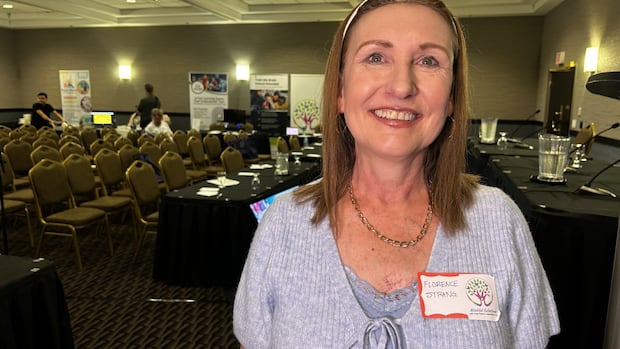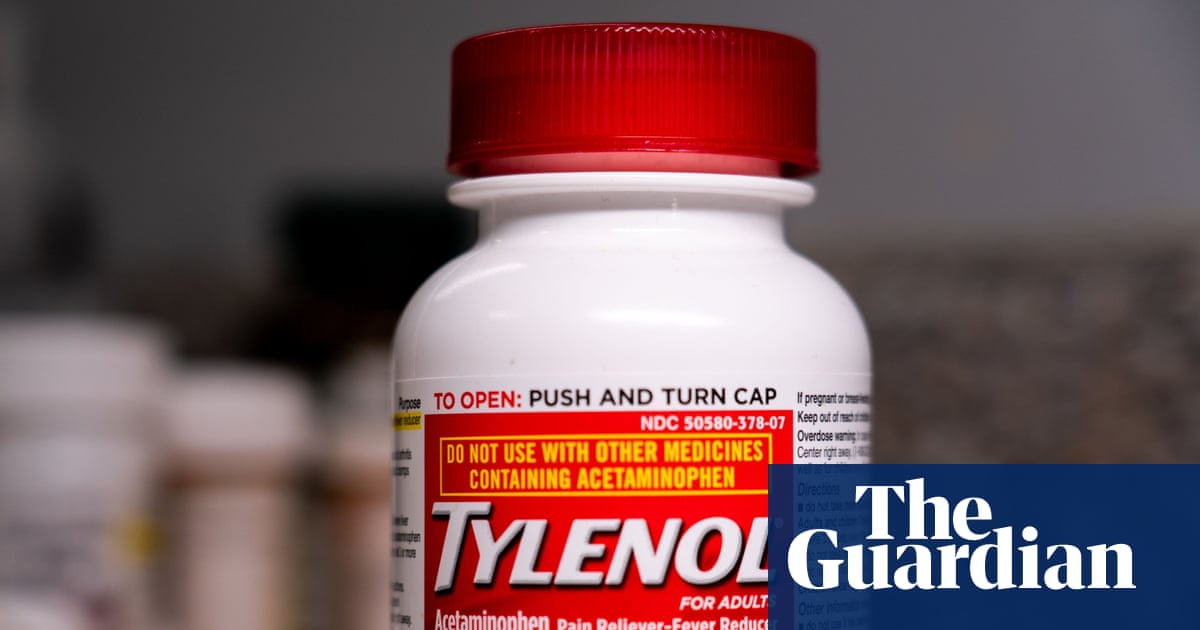Controversy Surrounds Autism Claims: Experts Push Back Against Misinformation
Recent statements and endorsements concerning autism, particularly those made by former U.S. President Donald Trump, have sparked significant controversy and concern within the medical and scientific communities. These pronouncements, which include claims about the causes of autism and potential treatments, have been widely disputed by experts who emphasize the importance of evidence-based understanding and acceptance of neurodiversity. This article synthesizes information from multiple sources to provide a balanced perspective on the ongoing debate.
Autism Symposium Highlights Understanding and Acceptance
The Autism Symposium, held in St. John's, Newfoundland and Labrador, served as a platform to advocate for the acceptance of autism and to dispel misinformation. Organized in collaboration with Mindful Solutions, Kim French & Associates, and the Autism Society of Newfoundland and Labrador, the event featured speakers like registered psychologist Florence Strang and executive function coach Stephanie Kennedy, both of whom emphasized that autism does not need to be fixed. Instead, they called for greater understanding and support for autistic individuals.
Florence Strang criticized Donald Trump's statements linking Tylenol use during pregnancy to autism, pointing out the lack of conclusive evidence supporting this claim. Stephanie Kennedy echoed this sentiment, highlighting the importance of neurodiversity and positive language when discussing autism. Kennedy shared her personal experience of being diagnosed with both autism and ADHD later in life, emphasizing the barriers to diagnosis and the need for greater support in Newfoundland and Labrador.
Both Strang and Kennedy stressed the need for increased support for autistic individuals, including financial assistance, employment opportunities, and better inclusion in the workplace. They called on political candidates in the upcoming provincial election to prioritize funding for autism services and assisted employment programs.
Controversial Claims Linking Tylenol and Autism
Former President Donald Trump recently ignited controversy by asserting a link between acetaminophen (Tylenol or paracetamol) use during pregnancy and an increased risk of autism in children. This claim contradicts the prevailing consensus among medical experts, who maintain that there is no conclusive scientific evidence to support such a connection. Organizations like the American College of Obstetricians and Gynecologists (ACOG) have strongly refuted Trump's claims, emphasizing that acetaminophen remains one of the safest pain relief options available to pregnant women when used appropriately.
Numerous studies have investigated the potential association between acetaminophen use during pregnancy and autism, with mixed results. Some observational studies have reported a slight association, but these findings are often confounded by other factors, such as the underlying reasons for acetaminophen use and genetic predispositions. The largest and most rigorous studies, including a 2024 analysis of 2.5 million births in Sweden, have found no causal link between acetaminophen exposure and autism.
Medical experts caution against drawing definitive conclusions based on these limited studies and emphasize that acetaminophen remains a valuable tool for managing pain and fever during pregnancy. They advise pregnant women to consult with their healthcare providers regarding appropriate medication use and to prioritize the lowest effective dose for the shortest duration necessary.
FDA Endorsement of Leucovorin for Autism Symptoms Draws Scrutiny
The U.S. Food and Drug Administration (FDA) has faced criticism for its endorsement of leucovorin, a form of folate, as a potential treatment for autism symptoms. This endorsement, championed by Dr. Marty Makary, has raised concerns among medical researchers who argue that the evidence supporting leucovorin's efficacy in treating autism is weak. While the FDA's decision is based on a review of studies suggesting improved verbal communication in some individuals with cerebral folate deficiency (CFD), critics argue that the sample sizes are too small and the results require further validation.
Experts like Sura Alwan at the University of British Columbia emphasize the importance of honest communication with families about proven and unproven treatments, stating that "families deserve hope, but they also deserve honest communication about what's proven and what isn't." She highlighted that there are highly effective supports like speech and language therapy, occupational therapy, educational accommodations and above all, acceptance of who autistic people are.
Brian K. Lee, a professor of epidemiology at Drexel University, echoed these concerns, stating that leucovorin "is not ready for prime time." While some studies suggest that leucovorin may help children with autism who have a receptor that blocks folate from entering the brain, more research is needed to determine its safety and efficacy.
Debunking Misinformation and Promoting Evidence-Based Understanding
In light of the controversies surrounding autism claims, it is crucial to debunk misinformation and promote evidence-based understanding. Various sources have challenged assertions made by Donald Trump and others, emphasizing the importance of scientific rigor and expert consensus. FactCheck.org, for example, has addressed numerous false and misleading claims made during an autism press conference, including exaggerated autism prevalence rates, selective citation of research, and inaccurate statements about vaccines and mercury exposure.
Medical and scientific organizations, such as Autism Spectrum Australia (aspect) and the Autism Science Foundation, have also released statements countering misinformation and emphasizing the need for compassion, acceptance, and appropriate support for autistic individuals. They stress that autism is a natural form of human neurodiversity and should not be viewed as something to be eradicated.
The Importance of Consulting Medical Professionals
Given the complexities surrounding autism research and treatment, it is essential for individuals to consult with qualified medical professionals and rely on credible sources of information. Doctors and healthcare providers can offer personalized guidance based on individual circumstances and help navigate the often-conflicting information available to the public. By engaging in informed discussions and seeking expert advice, individuals can make well-informed decisions regarding their health and well-being, avoiding the pitfalls of misinformation and potentially harmful practices.
| Claim | Expert Counterpoint |
|---|---|
| Tylenol causes autism. | Extensive research shows no causal link. Many studies show no association. |
| Vaccines cause autism. | Overwhelming scientific evidence refutes this claim. Autism begins to develop in the womb, precluding vaccine causation. |
| Cuba has little or no autism because it lacks Tylenol. | Cuba recognizes autism, has specialized schools and clinics, and uses paracetamol. Autism rates in Cuba are lower but still present. |
| Amish populations don't take vaccines and have no autism. | Vaccination rates vary within Amish communities, and autism does exist within the community. Diagnosis levels relate to healthcare seeking behaviors. |
 Visit the website
Visit the website







